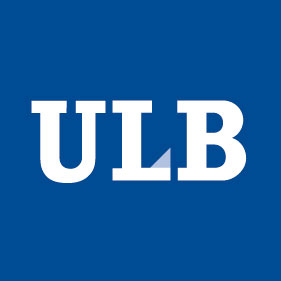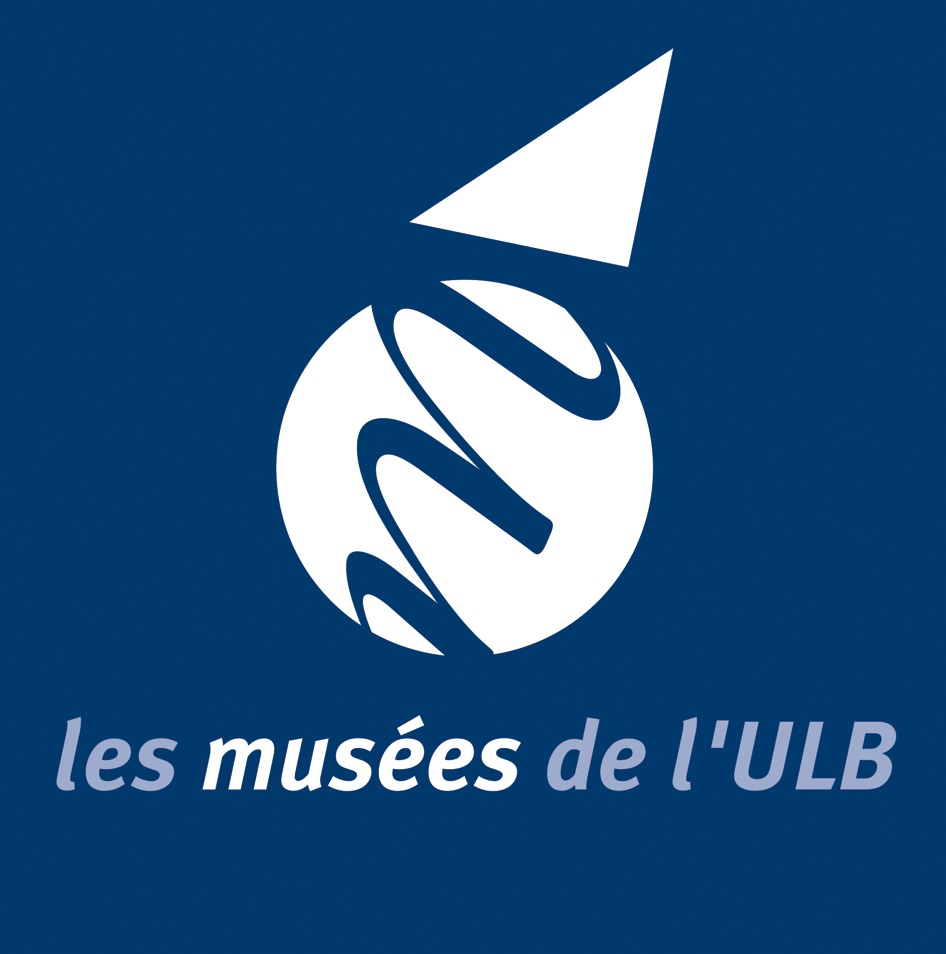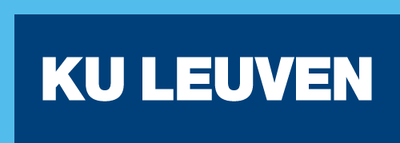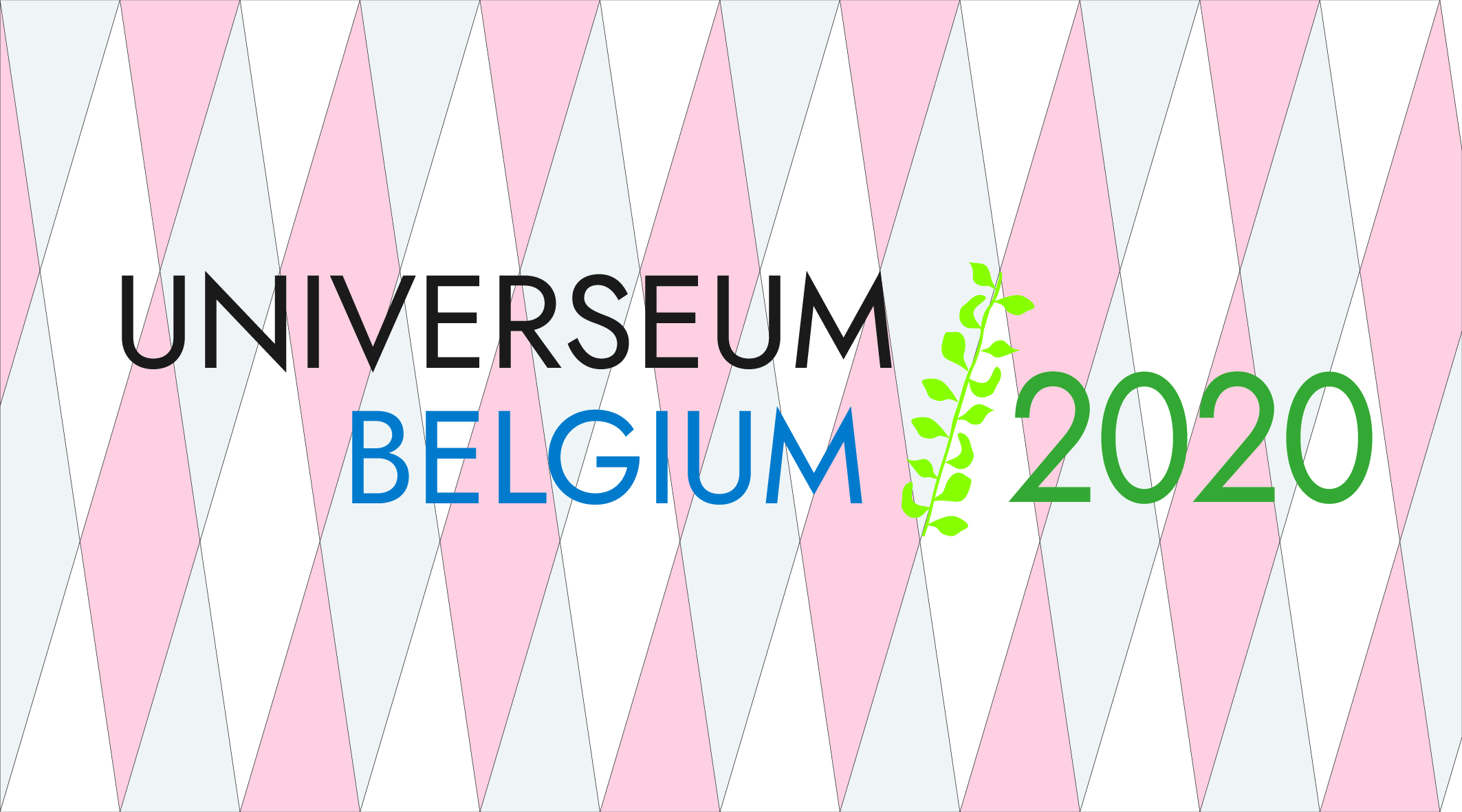CALL FOR PAPER
University museums and collections in the vanguard of contemporary societal debates
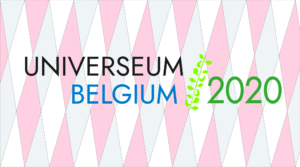
General Theme:
In September 2019 the ICOM community discussed a new museum definition, during the international conference in Tokyo. The old one focused mainly on the traditional tasks of museums (such as taking care of the collections), whereas the new alternative definition proposed states forcefully the social and political responsibilities of museums:
Museums are democratising, inclusive and polyphonic spaces for critical dialogue about the pasts and the futures. Acknowledging and addressing the conflicts and challenges of the present, they hold artefacts and specimens in trust for society, safeguard diverse memories for future generations and guarantee equal rights and equal access to heritage for all people.
Museums are not for profit. They are participatory and transparent, and work in active partnership with and for diverse communities to collect, preserve, research, interpret, exhibit, and enhance understandings of the world, aiming to contribute to human dignity and social justice, global equality and planetary wellbeing
The ICOM community did not come to an agreement in Tokyo and the vote was postponed. Irrespective of whether this definition or an adapted version will in the end be chosen or not, the approach that ICOM suggested in any case raised heated debate. During the 2020 Universeum Annual Conference in Belgium, we would like to continue this debate and focus it specifically in relation to university museums (U-museums) and collections. Can, or should, U-museums be in the forefront of social and political change? And if so, how can they have more impact on society? Secondly: Across Europe there have been times of significant development, but also times of extreme violence and abuse, inside and outside of the European borders. These pasts are often reflected in the European U-collections and other U-heritage. How can we deal effectively and appropriately today with the challenges of their past? What are the constraints and opportunities?
During the 2020 Universeum meeting, we want to explore different ways of encouraging discussion and debate around the topics outlined above, as well as allow as many voices from the community to be heard as possible. We would like to combine short papers, with longer in-depth contributions that reflect more broadly on these themes rather than present specific projects, as well as invite dialogue and discussions from all participants. Under the main theme of “University museums and collections in the vanguard of societal contemporary debates”, we thus invite proposals for 5- or 15-minute talks on one of the following two sub-themes or for posters addressing the overall theme:
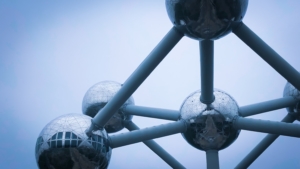
Subtheme 1: Assuming a social and societal role ?
As centers of knowledge production in higher education, universities are at the heart of the debate and the thinking about transformations in society on themes like environment, immigration, human rights and personal data trade. And of course, political, economic, social and cultural shifts in society are in turn inevitably influencing that same knowledge production and education. Acknowledging this strong interaction with, and impact on society is part of the so called third mission of higher education. Universities are in theory bound to this third mission, but they do not always commit to it strongly.
At the same time, scientists have to deal with a growing distrust towards science, in this era of ‘Fake News’ on the one hand, and of activism on the other. Science communication is therefore more than ever of great importance for the academic community. But to really reach out to all parts of society, academics are urged to step out from their Ivory Tower. U-museums have a special position to claim a role in this mission, knocking down the walls between the broader public and universities, trying to facilitate dialogue. This is a very important but difficult role in these polarized times.
The following questions may trigger constructive conversation:
How do U-museums pick up on this role of assisting academics to reach out to all parts of society? How do they position themselves in these hot debates? Do they act merely as facilitators or do they take a stand?
Could and should U-museums be the forerunners in addressing societal issues?
Are they, as a part of the academic community, better equipped than the other types of museums to act according to the proposed alternative ICOM definition? At the same time, how can they avoid to polarize the debate between experts as only «speakers of the Truth» and the general public, for instance, in matters concerning human rights, the environment or democracy? How can U-museums live up to ICOM’s proposed ideal of a “democratizing, inclusive and polyphonic space for critical dialogue about the pasts and the futures” of tomorrow?
Subtheme 2: Dealing with a challenging past
Many universities are confronted today with difficult and controversial issues concerning their collections, particularly in relation to objects acquired in a context of (colonial) domination or war. A strong characteristic of U-collections is this constant tension between their “original” value and their scientific or educational value today. The following questions may provide starting points for discussion:
How does this tension between original value and contemporary alternative interpretations affect the way we collect, catalogue and display these objects? What does this mean for our thinking about ownership?
Should we expect U-museums and U-collection keepers to reflect more and more effectively than others on these kind of issues, since they are part of an academic environment generally known as a place of research, reflection and knowledge production?
Abstracts for sub-theme session 1 and 2 need to include:
- i) introduction / problematization / context
- ii) main arguments / methods / discussion
- iii) results or conclusion
Poster session
For UNIVERSEUM 2020 Poster Session, we encourage the presentation of posters on any activity or project (collection management, exhibition, audience engagement, collaboration, etc.) that relates to any of the above-mentioned themes. Abstracts for posters need to focus on the context, process and outcomes of the selected projects.
Please send your abstract proposal (max. 200 words), with an indication of the session you are submitting to (sub-theme 1, sub-theme 2, or poster session), plus a short biographical note highlighting main research interests and/or field of professional experience (max. 50 words) to the following email address using the abstract template by Friday 13 march 2020 : universeum2020@ulb.be
When submitting your abstract, please indicate whether you would prefer to give a poster, a 5-minute, or a 15-minute presentation.
The conference language is English. We welcome contributions from cultural heritage professionals and academics, but also post‐graduate students.
Programme Committee
- Nathalie Nyst, Université Libre de Bruxelles – ULB (Belgium), Chair
- Geert Vanpaemel, KU Leuven (Belgium), Vice-chair
- Frédérique Andry-Cazin, Sorbonne University (France)
- Esther Boeles, University of Amsterdam (NL)
- Mélanie Cornelis, Université de Liège – ULiège (Belgium)
- Marjan Doom, Ghent Universiteit (Belgium)
- Maria Economou, The Hunterian, University of Glasgow (UK)
- Marlen Mouliou, National and Kapodistrian University of Athens (Greece)
- Sébastien Soubiran, Jardin des sciences, University of Strasbourg (France)
- Kevin Troch, Université de Mons – UMONS (Belgium)
